
Meerkat
Meerkat
Meerkat
Do you know meerkats, animals that stand up on their hind legs and are cute? They are bred in many zoos, so I've actually seen them! Many people may say. While such meerkats are very family-oriented, they are also animals that have the nickname "desert gang" because of their rough temper. Let's take a sneak peek at what traits and secrets meerkat have in this article!
Meerkat Basic Infomation
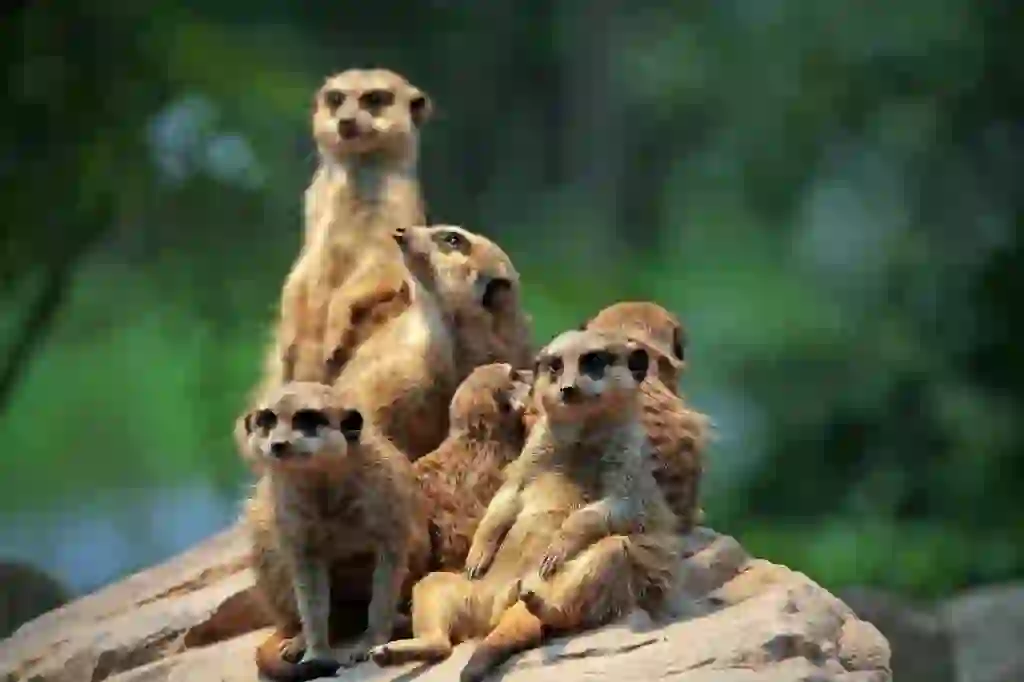
Mammalia-Carnivora-Herpestidae.
Length:25~35cm. Weight:650~950g.
Meerkats are a species of mongoose that lives in the savannah and desert areas of southern Africa (such as South Africa and Namibia).
The body color is brown to grayish brown, with a blackish stripe pattern on the back and a blackish color around the eyes.
It is a diurnal animal that is active in bright hours, and it digs a very wide burrow in the ground and sleeps in it and raises its young.
Wild meerkats live in groups of 3~40 heads, centered on one pair of male and female.
Both males and females reach sexual maturity about 1 year after birth, and females give birth to 2~5 babies at a time after a gestation period of about 77 days.
Basically, only the pair that is the center of the herd breeds, and the other members are "helpers" in raising the young. The role of the helper is to teach the baby how to feed and breasts.
Meerkats are carnivorous strong omnivorous animals, the main food of which is insects and their larvae. They also eat everything from plant stems and roots, fruits, snakes and scorpions, birds and eggs.
In fact, meerkats are immune to scorpion venom, so they eat highly venomous scorpions without any problems.
Meerkat Q&A

Where does the meerkat get its name?
In fact, the word meerkat means "lake cat" in Dutch.
However, meerkats do not live near water, such as lakes, and they are not members of the felidae. Nevertheless, there is no clear reason why it was given this name.
By the way, meerkats are also known as "suricate".
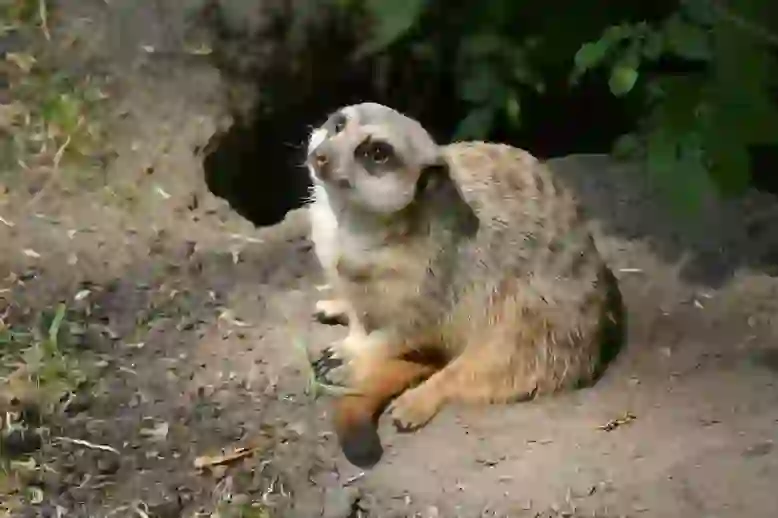
Why do meerkats stand?
Many people think of meerkats standing up on their hind legs with their tails as a support and looking into the distance.So why do meerkats stand up?
In fact, it is said that there are two reasons why meerkats stand.
The first reason is to raise body temperature. When meerkats wake up in the morning, they go outside, stand up, sunbathe and warm themselves.
The fact is that the body of meerkats does not have a very good metabolism, which is why daily sunbathing is essential for them to stay healthy.
The second reason is to protect yourself from natural enemies. Meerkats stand up near the entrance of their burrows or from a vantage point, looking into the distance to keep an eye out for natural enemies.
Sometimes these guards can last for hours, but the meerkats remain on guard to protect their companions. And when it finds a natural enemy, it squeals in a high-pitched voice to alert its companions to impending danger.
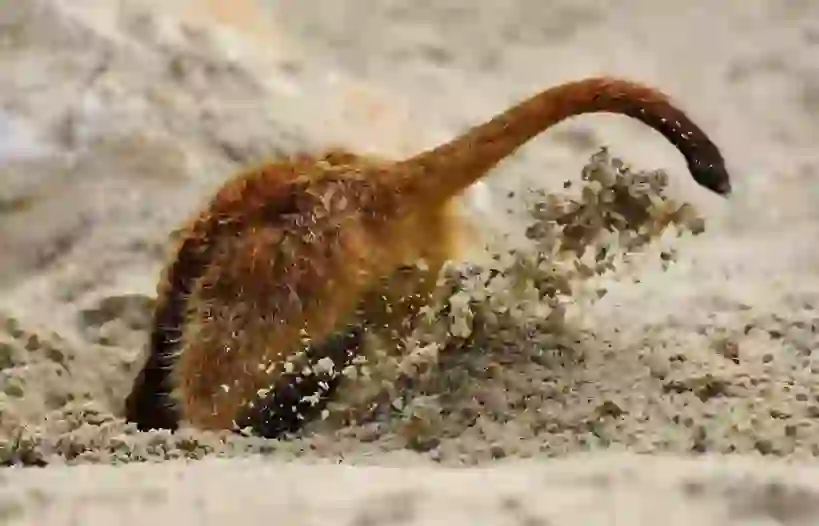
Why do meerkats dig holes?
Savannahs and desert areas where wild meerkats live are harsh environments where it is very hot and ultraviolet rays are strong during the day, and on the contrary, very cold at night.
Meerkats dig holes to protect themselves from such temperature differences and natural enemies, and to rest and raise their children in peace, and build safe burrows under the ground.
By the way, the claws of meerkats are very sharp and shaped suitable for digging holes.
Meerkats love to dig holes and seem to have a constant desire to dig holes anyway.For this reason, in zoos that keep meerkats, there are many cases where keepers repeatedly fill holes dug by meerkats during the day in the evening.
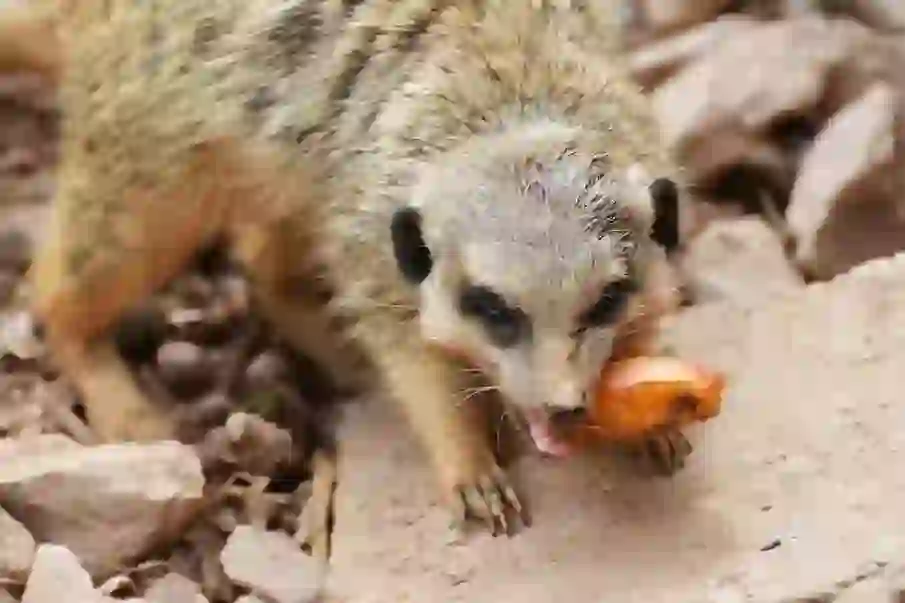
What kind of personality does a meerkat have?
Meerkats are basically very alert and have a cautious character.On the other hand, they are also curious, and if there is something that interests them, they sometimes go to peek with the members of the herd.
Meerkats have a cute appearance, but they also have a rough temper and aggressive side like carnivores. Because of their rough temper, they are sometimes referred to as "desert gangs".
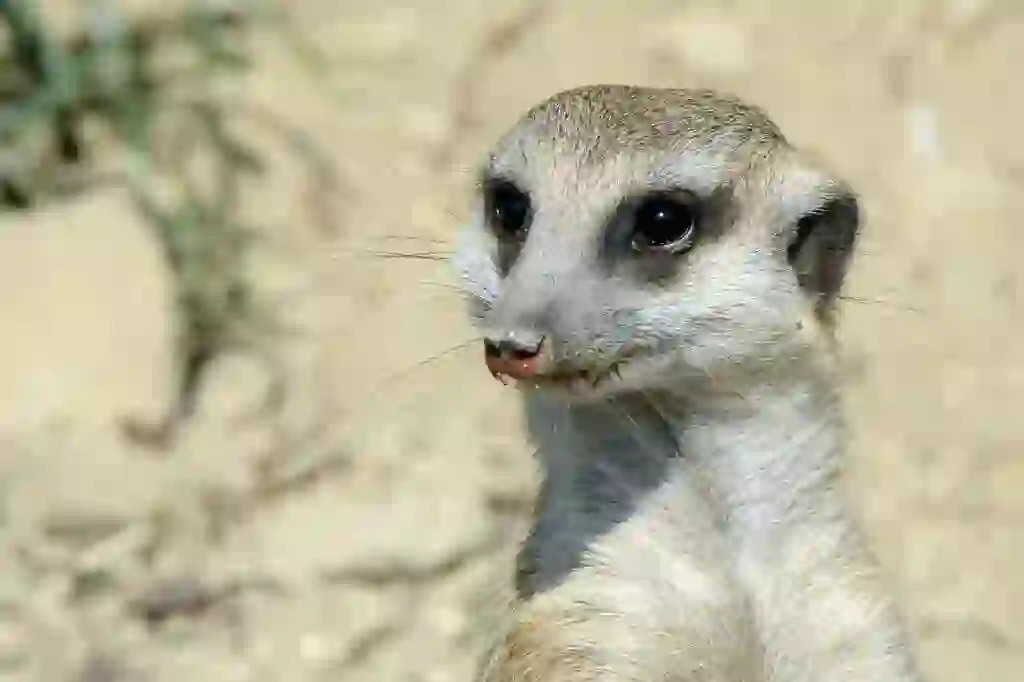
Is it true that meerkats are very sociality?
It's true.
Meerkats are very sociality and the members of the herd always cooperate with each other.
The life of meerkats is often premised on "acting in a flock", and the burrows that serve as a base for life are built by the members of the herd with the cooperation of the members of the flock, the other members act as watchmen while someone is eating, and the children are raised by all the members of the herd.
By the way, meerkats are members of the herpestidae, but most mongooses (such as indian grey mongooses and small indian mongooses) live alone, not in flocks.
It is believed that the reason why meerkats form a herd is that it is easier to protect themselves from natural enemies if they are in a herd.
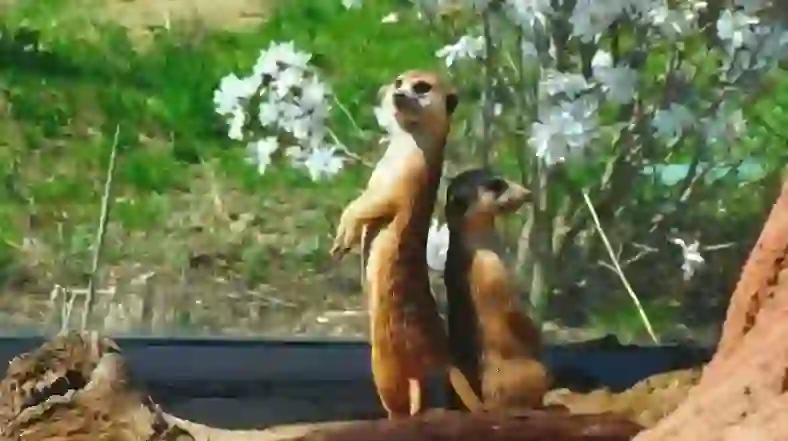
Is it true that meerkats sometimes kill each other?
It's true.Meerkats are highly sociality animals, but they live by fairly strict rules.
As explained in the "basic Information" section, only the strongest male-female pair can breed in a meerkat herd.
The male who reigns at the top interferes with other males when they try to mate, and the female, who also reigns at the top, emits pheromones to prevent other females from estrus.
However, sometimes they break the rules of the herd and other males and females mate.
And when the female who reigns at the top realizes that another female is pregnant, she will drive her out of the herd or kill the offspring she gave birth to.
It may seem cruel at first glance, but this is a necessary rule for herds to survive in savannas and deserts where food is not plentiful.
In addition, not only within the herd, but also when different herds and herds meet, fierce conflicts occur, and as a result, members of the herd may die.

Can meerkats be kept as pets?
Meerkats can be kept as pets. However, it is difficult to care for, so it is definitely not recommended for those who are raising animals for the first time.
Meerkats are sociality animals that originally live in groups, so they are said to be relatively easy to get used to humans. Therefore, if you get used to it well, you can enjoy touching it by wearing a harness and taking a walk outside or putting it on your shoulder.
However, it has a short history as a pet and is not an animal that has been improved for pets like dogs and cats, so it is better not to think that it will become easy to get used to.
In addition, there are no specialized books or breeding books for meerkats, and even if you try to find useful information on breeding on the Internet, it is difficult to find it.
In addition to that, it is important to know that it is not an easy animal to keep, such as the habit of digging the floor, the difficulty of perfectly toilet training, the temper of the breeding season that even the accustomed owner may bite seriously, and the odor glands in the anus and the peculiar smell are not easy to keep.
Therefore, although I started keeping them because I thought they were cute at first, the reality is that it is more difficult to care for them than I imagined and I don't like them, and there is no end to the number of people who abandon them.
Also, since there are few people who keep them, it is better to think that there are almost no veterinarians who have experience examining meerkats.
With all these points in mind, but you really want to get a meerkat, be sure to find a veterinary clinic where you can examine exotic animals beforehand.
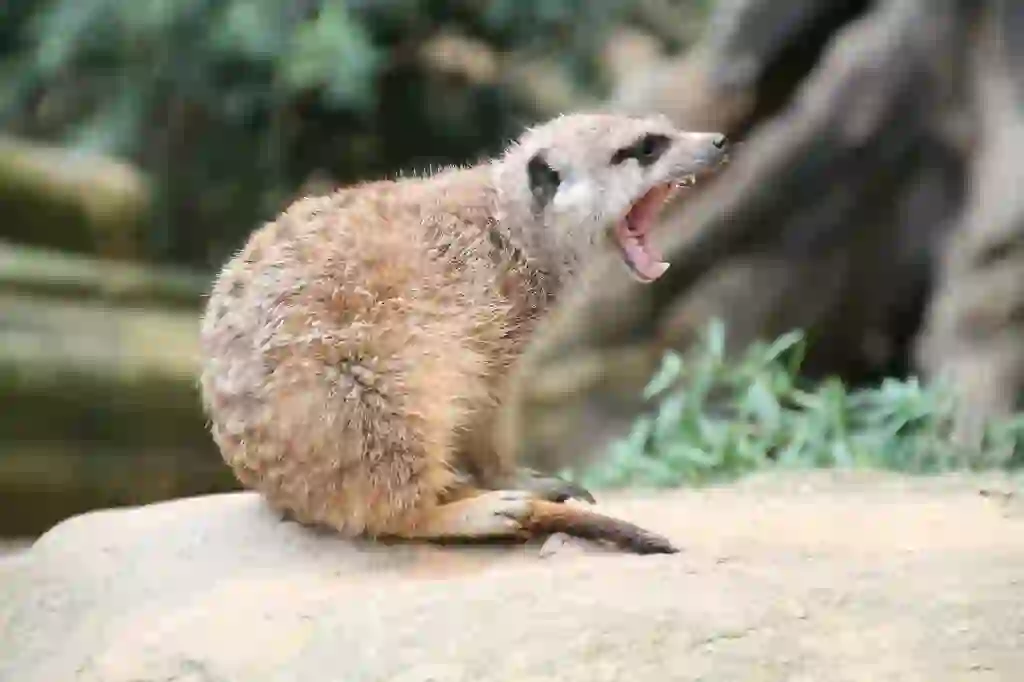
What do zoo meerkats eat?
In the wild, meerkats eat all kinds of things, mainly insects.
However, it is difficult to reproduce what wild meerkats eat perfectly, so zoos often feed them millworms, dog food, fruits such as apples and bananas, vegetables such as sweet potatoes and carrots, and animal proteins such as horse meat and poultry, mice, and boiled eggs.
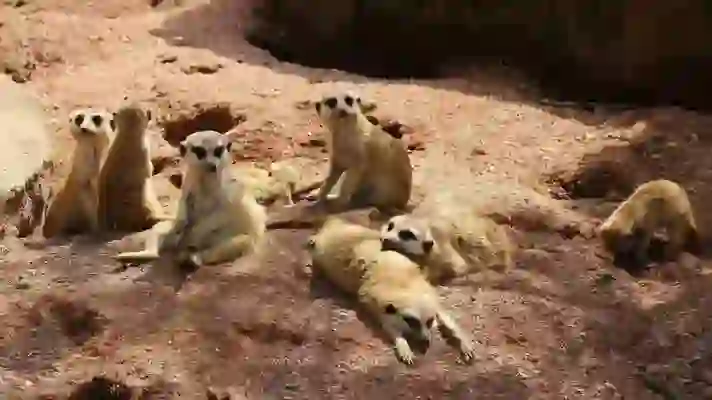
How long does a meerkat last?
The lifespan of a meerkat is said to be 5 to 15 years in the wild and 10 to 15 years in captivity. The maximum lifespan in captivity is 20 years, but it seems to be rare for them to live that long.
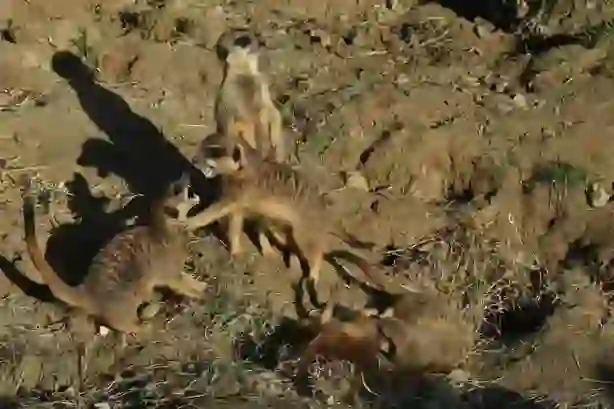
What enemies do meerkats have?
The biggest natural enemies of meerkats in the wild are birds of prey such as eagles and hawks. In addition, they can be attacked by carnivores such as jackals and snakes such as cobras.
However, no matter which natural enemy a meerkat is attacked, the members of the herd can work together to drive them away. When confronting natural enemies, everyone raises their tails high and growls, threatening them violently.
Also, sometimes meerkats, who play the role of helpers, even throw themselves out to protect baby and child meerkats.

Would you like to become a part of the 'Animalbook.jp'?
Turn your knowledge into Q&A and share it with the world. ※Publication will be activated after purchase. Let's share information together!
Meerkat Type of List
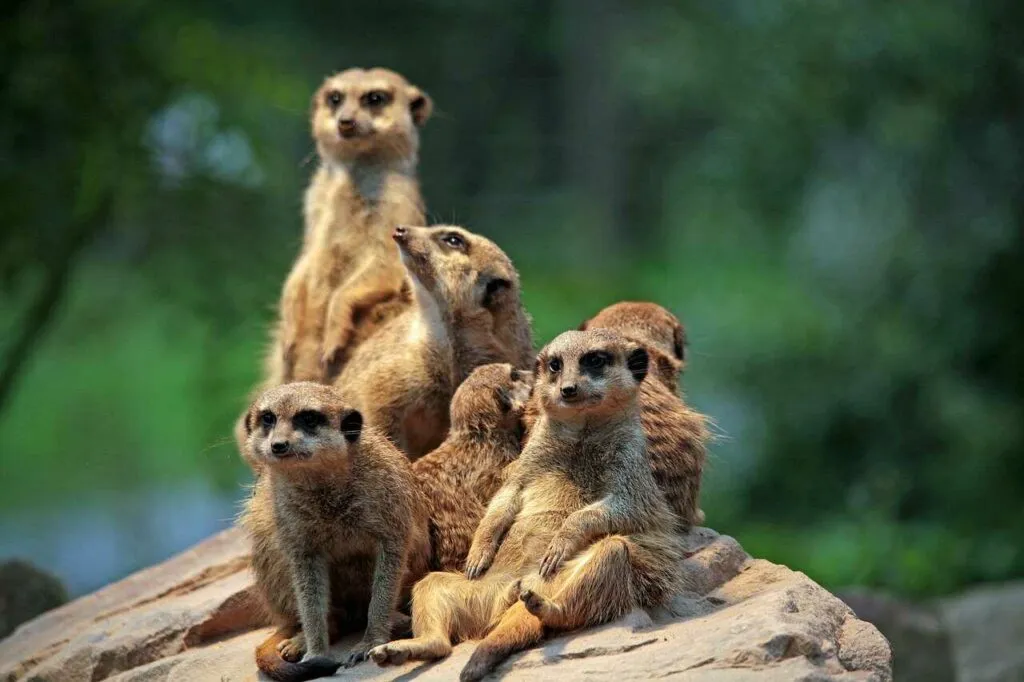
- Meerkat
Information
Congratulations! You are the first commenter!

Create Your Favorite List!
Meerkat
Save the animals you love! Build your own list to quickly revisit your favorites later.

Would you like to leave a comment?
※Please note: This is for the purchase of rights to post comments within the article.
Find Your Favorites!
Our shop offers a unique and attractive selection of goods themed around various animals.
Meerkat References

- スミソニアン協会(2017年)『驚くべき世界の野生動物生態図鑑』日東書院本社
- 到津の森公園「ミーアキャット ~到津の動物たち~」 https://www.itozu-zoo.jp/friends/entry/12.php
- よこはま動物園ズーラシア「ミーアキャット」 http://www.hama-midorinokyokai.or.jp/zoo/zoorasia/animal/savanna/Meerkat/
- よこはま動物園ズーラシア「あなをほる」 http://www.hama-midorinokyokai.or.jp/zoo/zoorasia/details/post-2293.php
- 札幌市円山動物園「ミーアキャット」 https://www.city.sapporo.jp/zoo/doubutsu-miacat.html
- 東武動物公園「ミーアキャット」 http://www.tobuzoo.com/zoo/list/details/73/
- のんほいパーク 豊橋総合動植物公園「ミーアキャット」 https://www.nonhoi.jp/animal/detail.php?id=78
- 高知県立のいち動物公園「ミーアキャット」 http://www.noichizoo.or.jp/park/animal_intro04_meerkat.html
- 静岡県立日本平動物園「ミーアキャット」 https://www.nhdzoo.jp/animals/naka.php?animal_uid=132
- 川口先生のペットコラム「おもしろ哺乳動物大百科87(食肉目 マングース科)」 https://www.asahi-kasei.co.jp/hebel/pet/kenkyu/blog/2012.07-2012.10.shtml/
- livedoorNEWS「ミーアキャットはサソリの毒に免疫を持つため、主食にしていると解説」 https://news.livedoor.com/article/detail/10929256/
- anicom you「ミーアキャット飼育日誌(22)ミーアキャットの不都合な真実(み~たん)」 https://mag.anicom-sompo.co.jp/9763
Meerkat Introduction of media used
出典:https://pixabay.com/videos/id-42386/

出典:https://pixabay.com/images/id-658504/

出典:https://pixabay.com/images/id-3467377/
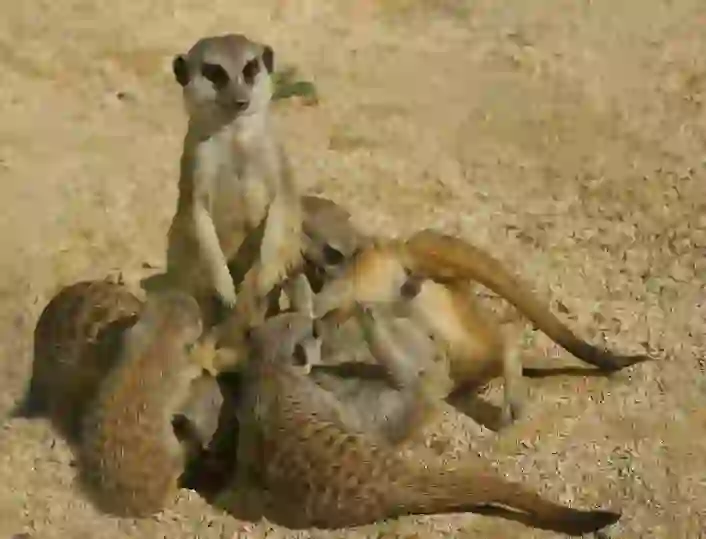
出典:https://pixabay.com/images/id-2235119/

出典:https://pixabay.com/images/id-5697223/
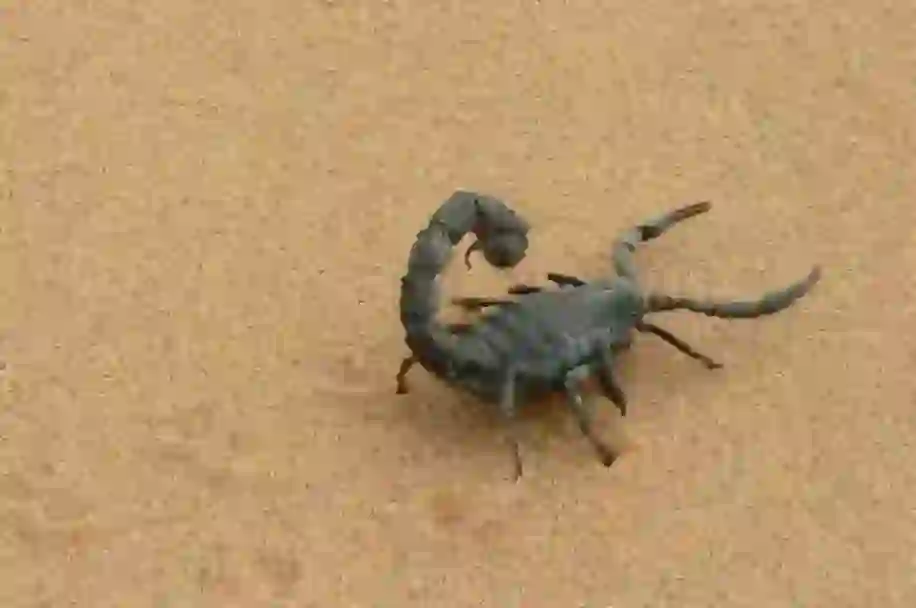
food
出典:https://pixabay.com/images/id-1076314/

出典:https://pixabay.com/images/id-3602106/

出典:https://pixabay.com/images/id-729400/

出典:https://pixabay.com/images/id-3510206/

出典:https://pixabay.com/images/id-4044441/

出典:https://pixabay.com/images/id-408646/

出典:https://pixabay.com/images/id-2077317/
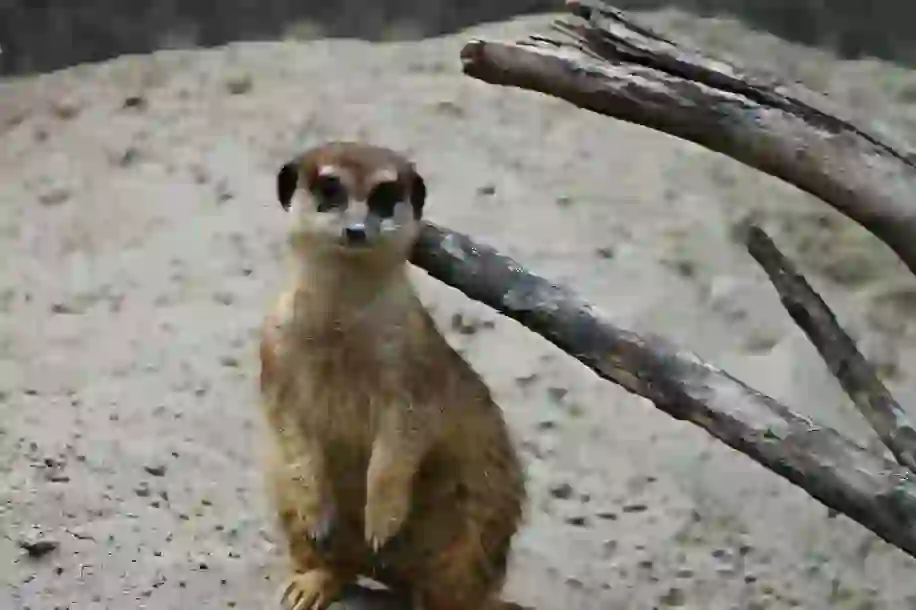
出典:https://pixabay.com/images/id-3000286/
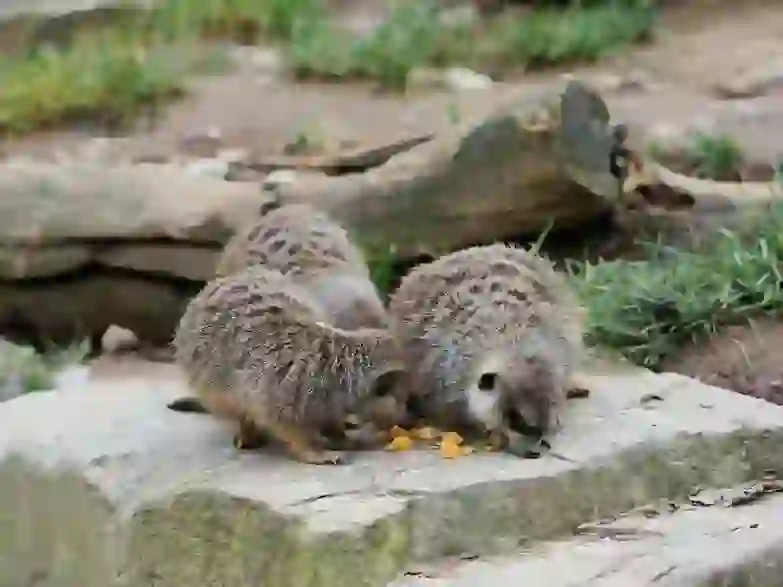
出典:https://pixabay.com/images/id-3084673/
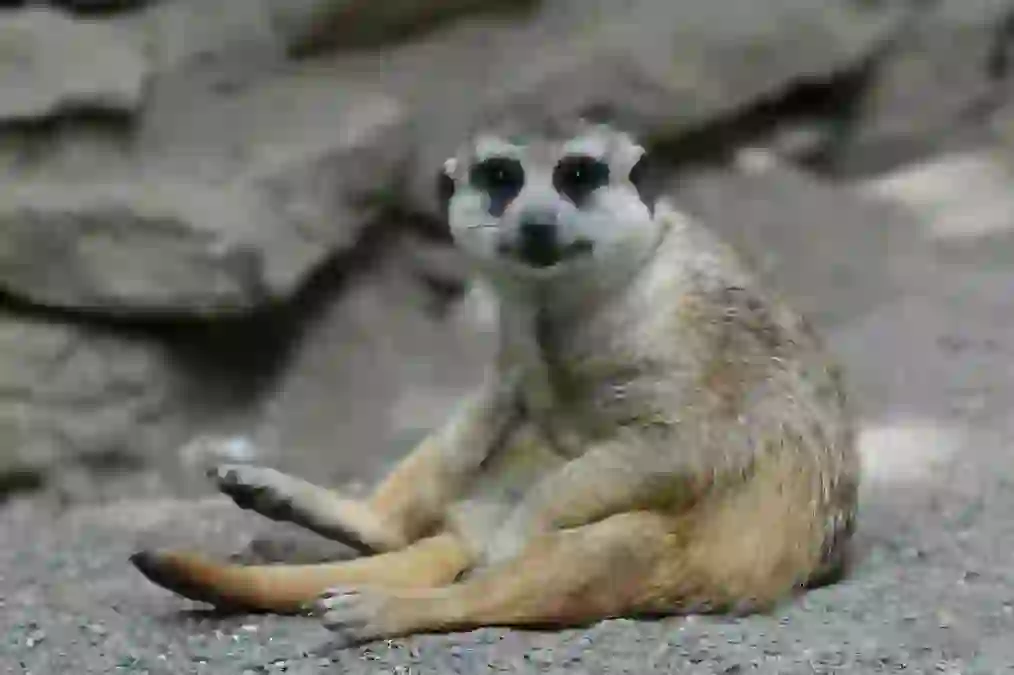
出典:https://pixabay.com/images/id-4349513/
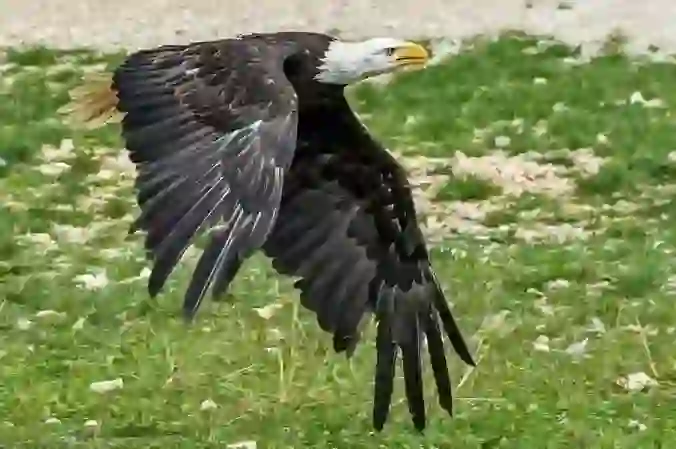
enemy
出典:https://pixabay.com/images/id-2892022/
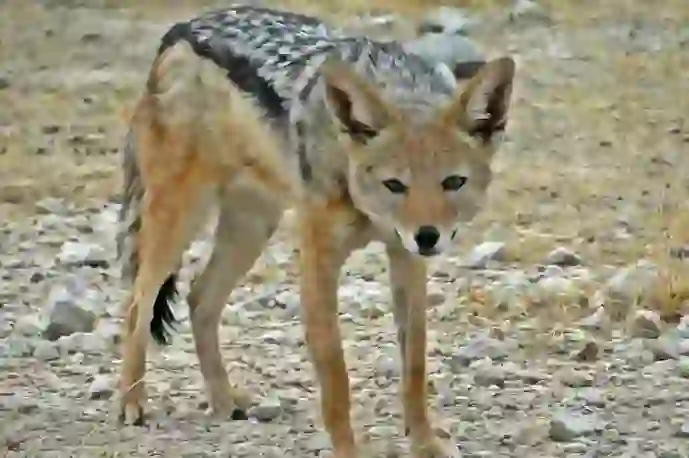
enemy
出典:https://pixabay.com/images/id-5337791/

Help Enrich Our Animalbook.jp with Your Media!
We are constantly looking to expand and enrich our Animalbook.jp with amazing photos and videos of animals. If you have any media that you'd like to share, please contribute and help us showcase the beauty and diversity of the animal kingdom. Your submissions will be credited and featured in our encyclopedia, reaching a wide audience of animal lovers.


















